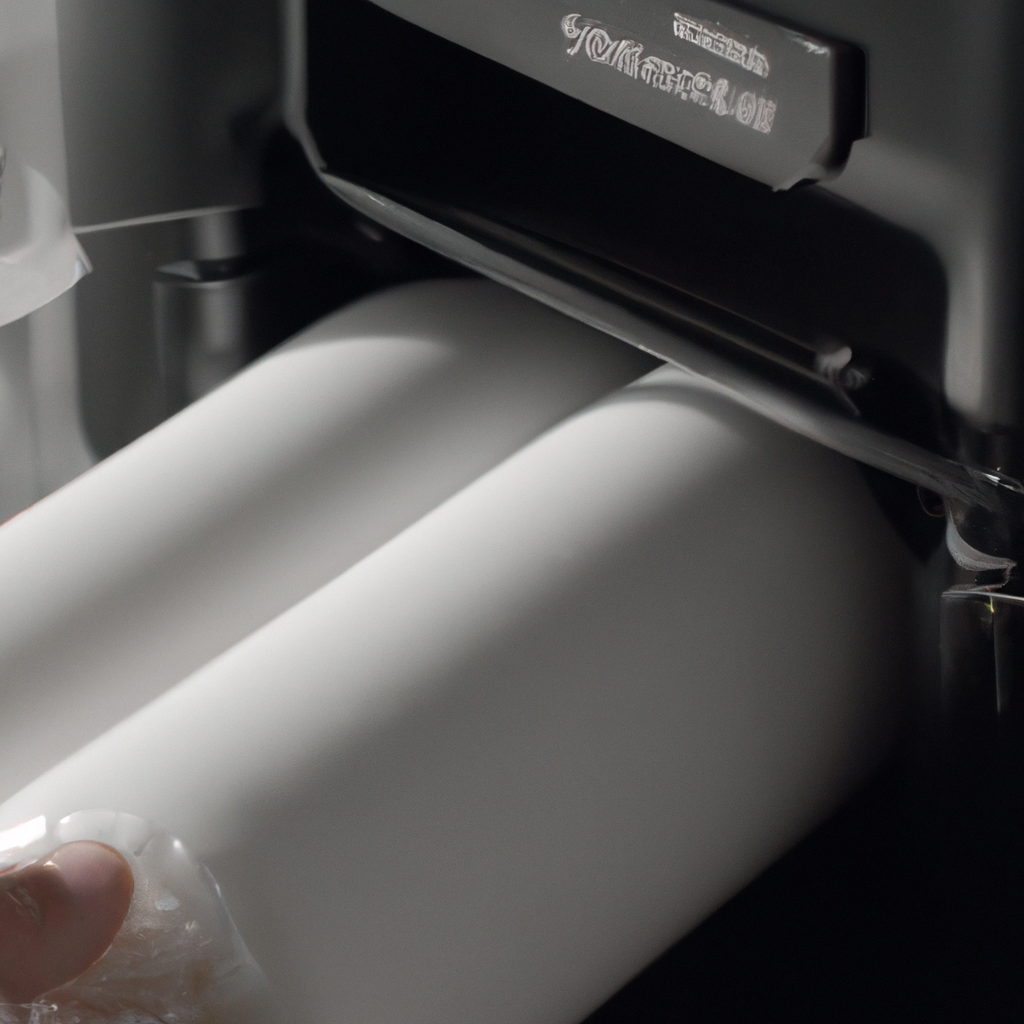Water is an essential resource in our daily lives, and we often take it for granted. However, not all water is created equal, and hard water can cause problems such as buildup in plumbing and appliances, soap scum, and dry skin and hair. A water softener is a device that can improve the quality of your water by removing the minerals that cause hardness. In this article, we will explore how a water softener works, including the processes of ion exchange and regeneration, and how it can benefit your home maintenance.
Ion Exchange
The process of ion exchange is the heart of how a water softener works. Water softeners use a resin bed that contains small beads of a resin that is coated with sodium ions. When hard water flows through the resin bed, the calcium and magnesium ions in the water are attracted to the resin beads, and the sodium ions are released into the water. This process effectively replaces the hard minerals with soft minerals, making the water softer and more manageable.
Regeneration
Over time, the resin bed in a water softener becomes saturated with calcium and magnesium ions, and it can no longer exchange sodium ions effectively. This is where the process of regeneration comes in. Regeneration is the process of removing the hard minerals from the resin bed and replacing them with sodium ions. The regeneration process is typically automated and occurs on a set schedule, usually in the middle of the night when water usage is low.
During regeneration, a brine solution is flushed through the resin bed, and the sodium ions in the solution replace the calcium and magnesium ions on the resin beads. The brine solution is then flushed out of the system along with the hard minerals, leaving the resin bed clean and ready to exchange ions again.
Benefits of a Water Softener
By removing the minerals that cause hardness, a water softener can provide numerous benefits for your home maintenance. Here are some of the most notable benefits:
– Reduced soap scum: Hard water can cause soap scum to build up on your shower walls, bathtub, and sink. With a water softener, you can reduce the amount of soap scum and make cleaning easier.
– Scale buildup prevention: Hard water can cause scale buildup in your plumbing and appliances, which can lead to clogs and reduced efficiency. A water softener can prevent scale buildup and extend the life of your plumbing and appliances.
– Better water quality: Soft water feels better on your skin and hair, as it doesn’t dry them out like hard water can. Soft water also tastes better because it doesn’t have the metallic taste that hard water can have.
– Energy savings: By preventing scale buildup in your appliances, a water softener can help them run more efficiently, which can lead to energy savings and lower utility bills.
Conclusion
In summary, a water softener works by using the process of ion exchange to remove the hard minerals from your water and replacing them with soft minerals. The process of regeneration ensures that the resin bed remains effective and can continue to exchange ions. A water softener can provide numerous benefits for your home maintenance, including reduced soap scum, prevention of scale buildup, better water quality, and energy savings. If you have hard water, a water softener can be an excellent investment in the health and longevity of your home plumbing and appliances.







